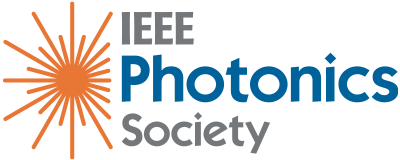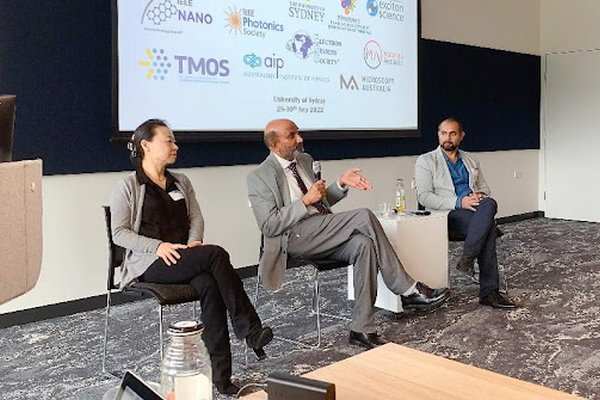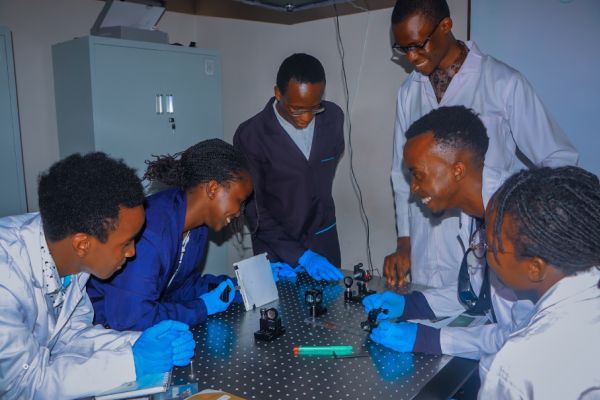Helen Xu, Vice Chancellor’s Postdoctoral Fellow, University of Technology Sydney, Natalie Holmes,Research Fellow, The University of Sydney,Helen McGuire,Research Associate Pathology, The University of Sydney,Ziyuan Li,DECRA Fellow, The Australian National University
The early career researcher (ECR) grant & paper writing workshop is designed for women in science, technology, engineering, mathematics, and medicine (STEMM). It is aimed at strengthening the scientific writing, critical thinking, and communication skills of Australia’s next generation of scientists and academics. The workshop provides an opportunity for young women in STEMM to build on their scientific writing skills and gain inspiration from mentors and like-minded researchers, forming a valuable component of their academic career development. lt may further help to increase the number of female academics in STEMM-related departments since all ECRs need to complete a significant amount of scientific writing in their academic research positions. Preparing grant & fellowship applications, journal articles, as well as patent applications, requires critical writing skills for their success as researchers.
This workshop was initially hosted in 2019 at the Australian National University (ANU) with 12 attendees. In 2020 and 2021, the workshop expanded to more than 65 attendees at University of Technology Sydney (UTS) and ANU, respectively, via online delivery. The latest edition, held in 2022, was organized and delivered in person at the University of Sydney, on 28-30th September. The workshop was launched by Professor Sarah Young, Head of School, School of Medical Sciences at the University of Sydney.
58 attendees at the workshop included 10 mentors, 4 committee members, 42 registered ECRs, and 2 alumni award recipients. The 42 ECRs were from 12 Australian universities and research institutes, including the University of Sydney, University of New South Wales (UNSW), UNSW Canberra Campus, University of Melbourne, UTS, University of Newcastle, Deakin University, and the Queensland University of Technology, and institutes of the Daffodil Centre and CSIRO.
10 mentors across various fields from academia and industry contributed to the ECWW2022. The mentors included 1 ARC (Australian Research Council ) Laureate Fellow, 1 NHMRC (National Health and Medical Research Council) Leadership Fellow, 3 ARC Future Fellows, and 1 Westpac Research Fellow, along with a cohort of EMCR (Early/Middle Career Researcher) mentors including 1 ARC DECRA (Australian Research Council Discovery Early Career Researcher Award), 1 NHMRC Early Career Fellow, 1 L’Oreal-UNESCO for Women in Science Fellow & Tedx Speaker, and 1 Chief Technical Officer of AllVascular Pty Ltd. Each mentor shared their valuable experience and delivered excellent guidance to the early career women.
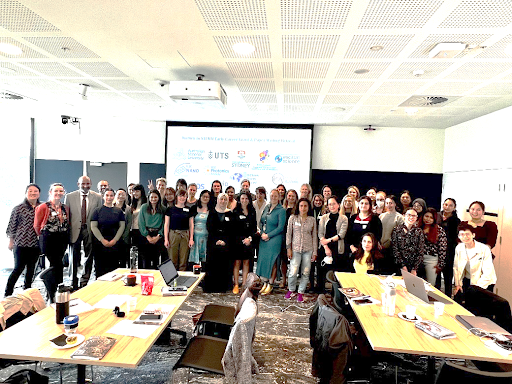
ECWW2022 attendees received advice from Prof Tuan Van Nguyen on Day 1 on how to apply for medical research grants, including NHRMC, Cancer Australia, and Cancer Council grants. He provided key statistics on the success rates of Category 1 grants, such as NHMRC Fellowship and Ideas Grant funding schemes to give context to this competitive environment. Prof Julie Cairney provided a detailed overview of her academic journey and the pathway to building a successful research group and now sitting in a Pro Vice-Chancellor (Research – Enterprise and Engagement) role at the University of Sydney. She summarised the Australian funding landscape and how she was able to strategically target and secure ARC and industry grants during her career, including multiple ARC Linkage grants for developing high-strength steels. Dr. Noushin Nasiri told the story of her career path from Ph.D. student to science communicator to post-doc to lecturer, and how science communication has played a large role in her success and her ability to form new collaborative networks. Day 1 culminated in a conference dinner at the Grandstand Restaurant, University of Sydney, where the attendees were able to relax, reflect, and network.
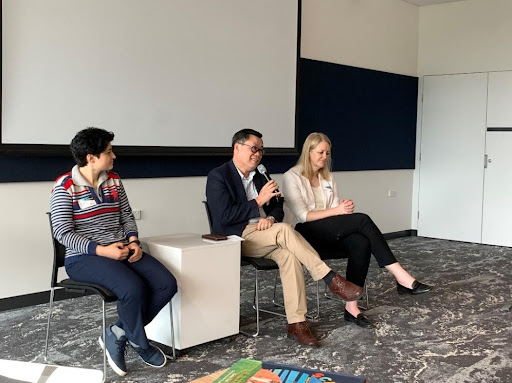
Day 2 saw a morning of insights into grant proposal writing from Dr. Tushar Kumeria, including how to focus on page 1 of proposals – the most important page, how to use your career metrics in your favor, incorporating high-quality catchy figures, and the range of funding schemes to look out for in Australia and a few overseas. He provided a detailed overview on how to break down page 1 into a well planned hypothesis, background, general aims, specific aims, ideas and design description. Attendees received advice on project proposals and Research Opportunity and Performance Evidence (ROPE) statement writing for ARC DECRA and Discovery Project funding schemes from Prof. Lan Fu. In addition, Prof. Lan Fu provided detailed advice on writing the Feasibility and Benefit sections of ARC proposals. Prof. Chennupati Jagadish then gave an inspiring seminar on ‘Failures as a Pathway to Success’, where he described the various set-backs in his academic career which he was able to persist and grow through to reach the point he is at today – esteemed professor and President of the Australian Academy of Science. Every attendee had the opportunity to receive one-on-one feedback from mentors on their specific grant applications and articles in progress, during 2-hour writing blocks held in the afternoon on both days. Day 2 culminated in a networking event at the Sydney Knowledge Hub where the ECRs were able to tour the space and hear from the Community Manager about start-up ventures linked to the University of Sydney and how they are benefiting from the commercialization and IP guidance provided by the Sydney Knowledge Hub initiative.
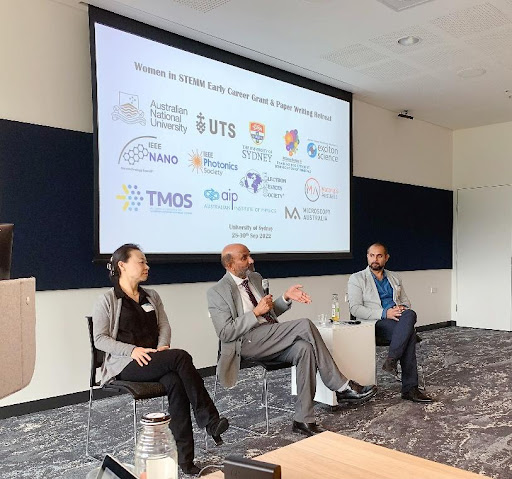
On day 3, ECWW2022 attendees received advice on how to write high quality journal articles, cover letters and editor response letters from Prof. Igor Aharonovich. He also provided helpful guidance on when to pitch to high impact factor journals vs. medium or low impact factor journals. Prof. Elizabeth New provided valuable insights into how to prepare for an academic promotion, from her experience being on the University of Sydney promotions committee, in addition to applying for ARC funding opportunities from her experience sitting on the ARC College of Experts. Dr. Nyan Khin gave insights to his career in the medtech industry at AllVascular – an Australian medtech start-up. He described his journey in helping to design and develop the company’s vascular access technology, including collaborating closely with leading oncologists and radiologists to pioneer a new targeted treatment for liver cancer. His role has required applying for various medical device grants including venture capital funding, and he explained this funding landscape to the ECR attendees. Dr. Amandeep Kaur described her academic career journey as a young lecturer who has recently secured her first ongoing academic position at Monash University. She detailed her journey through Ph.D. to post-doc and securing competitive fellowship grants (including DECRA), then provided advice for navigating academic appointment interviews. Day 3 culminated in an awards ceremony for ECWW alumni, with a gold award and a silver award announced for two alumni who have shown excellent progress since joining an ECWW workshop event.
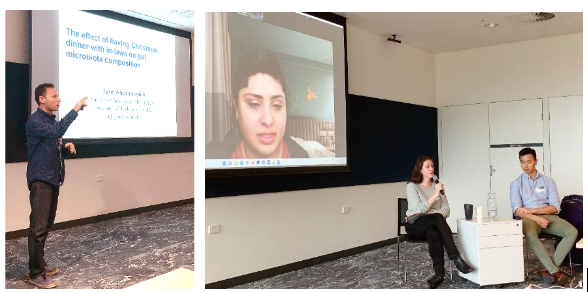
According to the post-event survey, 97% of attendees felt the workshop improved their knowledge of grant proposal writing, 83% of attendees felt the workshop improved their knowledge of paper writing, and 100% of attendees would recommend the workshop to future ECRs. There were valuable suggestions and advice from attendees on how to improve the workshop in future years. There were two Alumni Awards announced for previous attendees, Gold Award to Dr. Buddini Karawdeniya (ANU) and Silver Award to Dr. Qiaoyun Xue (UTS).
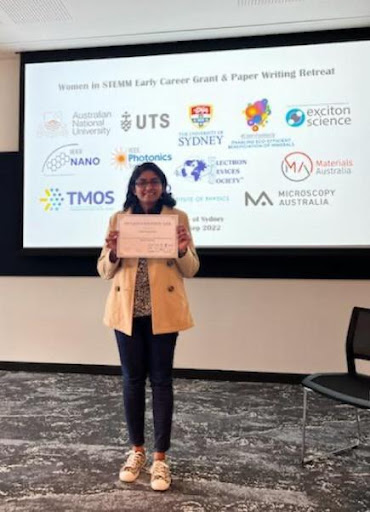
With the generous support of 12 wonderful sponsors and 10 outstanding mentors, the ECWW2022 event held at the University of Sydney on 28-30th September was a great success having a variety of positive influences on the career development of 42 ECR women in STEMM across Australia. The ECR attendees had the opportunity to talk to and receive advice from a carefully chosen group of highly successful academics on how to apply for grant funding and write high impact articles. They further received insights into handling intellectual property and coaching on promotion processes. Following this success, we will host the fifth ECWW workshop in person again at UTS in 2023!
Sponsors
The ECWW organizing committee (Dr. Helen McGuire, Dr. Natalie Holmes, Dr. Helen Xu and Dr. Ziyuan Li) would like to thank our generous sponsors – ARC Centre of Excellence in Exciton Science; ARC Centre of Excellence for Enabling Eco-Efficient Beneficiation of Minerals; ARC Centre of Excellence for Transformative Meta-optical Systems (TMOS); Australian Institute of Physics (AIP); The Australian National University (ANU), Research School of Physics; IEEE Electron Devices Society; IEEE Nanotechnology Council; IEEE Photonics Society; University of Sydney Faculty of Engineering; Materials Australia; Microscopy Australia; University of Technology Sydney (UTS).
